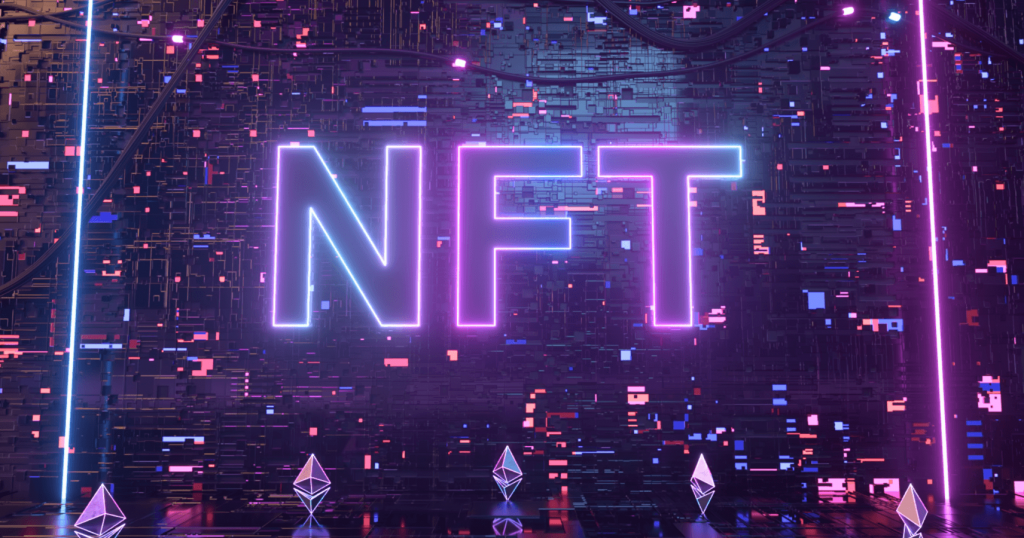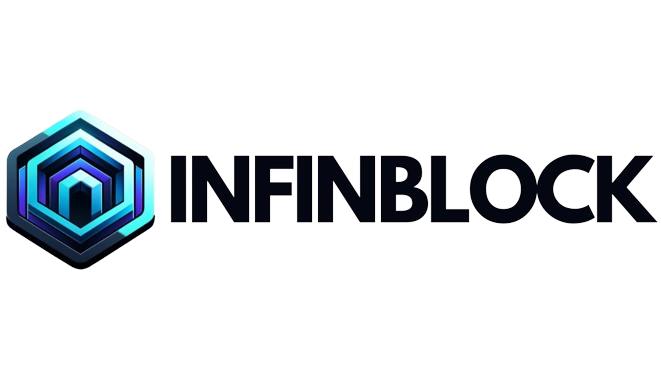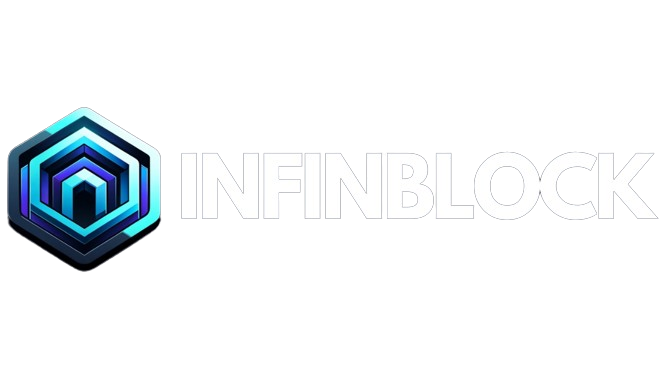Topic: Variables, Data Types, Arrays, Structs, Mappings, Functions, Constructors, Modifiers, Events and Error Handling.
Welcome to the next installment of our series on mastering smart contracts and Solidity development. In this article, we’ll lay the foundation by introducing fundamental Solidity concepts and then dive into creating our first smart contract using Remix, a powerful and user-friendly IDE for Ethereum development.
Solidity Fundamentals
Understanding the core concepts of programming in Solidity is crucial for anyone looking to develop on the Ethereum blockchain. Let’s delve into these fundamental concepts, ensuring a solid foundation for building smart contracts and understanding their mechanics.
Variables
In Solidity, variables are used to store data. There are two main types of variables:
- State Variables: Stored on the blockchain, they represent the contract’s state. Changes to state variables are transactions that cost gas.
- Local Variables: Declared inside functions, not stored on the blockchain, and exist temporarily during function execution.
Data Types
Solidity is a statically typed language, requiring the data type of each variable to be specified. Common data types include:
- Boolean (
bool): Represents a true or false value. - Integer (
int/uint): Signed (int) and unsigned (uint) integers. By default,intanduintare 256 bits long. - String (
string): For text, stored as UTF-8 encoded bytes array. - Address (
address): Holds a 20-byte Ethereum address. An address type has members liketransferandcallto interact with the Ether stored.
Arrays
Arrays can be fixed-size or dynamically-sized and allow storing multiple values of the same type. Syntax for declaring an array is type[] for dynamic arrays or type[n] for fixed-size arrays, where type is the data type of elements and n is the number of elements for fixed-size arrays.
Structs
Structs enable grouping together several fields (variables) of possibly different types under one name. They are useful for creating complex data types.
Mappings
Mappings are key-value stores for storing and looking up data. The key can be almost any type except for a dynamic array, a contract, an enum, or a struct. The value can be any type, including another mapping or an array.
Functions
Functions are the executable units of code within contracts. Solidity functions can be:
- Public: Callable from within and outside the contract.
- Private: Only callable from within the contract.
- Internal: Like private, but also accessible to contracts deriving from it.
- External: Only callable from outside the contract.
Constructors
A constructor is a special function automatically called upon contract creation. Constructors are used to initialize contract state.
Modifiers
Modifiers are used to change the behavior of functions, typically for access control or validating inputs. A modifier is reusable code that can be attached to functions.
Events
Events allow logging to the Ethereum blockchain. Clients can listen for events to react on changes efficiently.
Error Handling
Solidity uses require, revert, and assert for error handling:
- require is used to ensure valid conditions, such as inputs, or contract state variables are met.
- revert is similar to
require, but used for more complex logic. - assert is used to test for internal errors and to check invariants.
Example: SimpleStorage Contract
To apply these concepts, let’s outline a SimpleStorage contract:
// SPDX-License-Identifier: MIT
pragma solidity ^0.8.0;
// Declares the version of the Solidity compiler to be used
contract SimpleStorage {
// State variable to store a number
uint256 private storedData;
// Event declaration for logging changes to storedData
event DataChanged(uint256 newValue);
// Constructor to initialize the storedData
constructor() {
storedData = 0;
}
// Function to store a new value into the storedData variable
function set(uint256 x) public {
storedData = x;
emit DataChanged(x); // Triggering event logging
}
// Function to retrieve the value of storedData
function get() public view returns (uint256) {
return storedData;
}
// Example of a function modifier to check a condition
modifier isNonZero(uint256 _value) {
require(_value != 0, "Value must be non-zero");
_;
}
// Function using a modifier to ensure non-zero input
function setNonZero(uint256 _value) public isNonZero(_value) {
set(_value);
}
}
Explanation
pragma solidity ^0.8.0;: Specifies the compiler version to ensure the contract compiles with a version greater than or equal to 0.8.0 and less than 0.9.0.contract SimpleStorage {: Begins the definition of a new contract namedSimpleStorage.- State Variable
storedData: A private variable that holds a number. Its state is persistent on the blockchain. - Event
DataChanged: An event that’s emitted whenstoredDatais changed. Useful for front-end applications that listen for blockchain events. - Constructor: A special function that runs only once when the contract is deployed. It initializes
storedDatato 0. - Function
set(uint256 x): A public function to updatestoredData. It emits theDataChangedevent to log the change. - Function
get(): A public view function to read the value ofstoredData. Theviewmodifier indicates that the function does not modify the contract’s state. - Modifier
isNonZero(uint256 _value): Demonstrates a custom modifier. It usesrequireto check that the input is not zero, providing a message if the requirement fails. - Function
setNonZero(uint256 _value): Shows how to use a modifier to enforce input validation.
This contract introduces basic Solidity concepts and syntax, offering a foundational understanding for beginners. In future posts, we’ll dive deeper into these functionalities, integrating more sophisticated Solidity features.


Mastering Smart Contracts and Solidity: A Comprehensive Guide
Dive into the world of blockchain development with our series designed for students and enthusiasts eager to master smart contract programming and Solidity. From foundational blockchain concepts to advanced Solidity development techniques, this series covers everything you need to know to become a proficient blockchain developer. Explore Ethereum’s ecosystem, understand smart contracts and the EVM, and start building decentralized applications with confidence. Join us on this journey to unlock the transformative power of blockchain technology.



 Bitcoin
Bitcoin  Ethereum
Ethereum  Tether
Tether  XRP
XRP  USDC
USDC  Solana
Solana  TRON
TRON  Lido Staked Ether
Lido Staked Ether  Dogecoin
Dogecoin